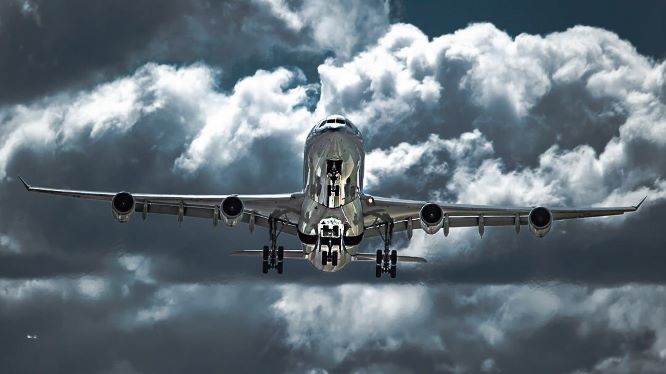

Aviation will need more innovation to become Greener
In a global first for the airline industry, and a defining moment for the sustainability of the planet, Portuguese charter airline Hi Fly reportedly made history when they flew the first flight without any single-use plastic. The flight — from Lisbon to Natal, Brazil — was the first of four trials that won’t use any single-use plastic on-board.
“This historic Hi Fly flight, without any single-use plastic items on board, underlines our commitment to making Hi Fly the world’s first ‘plastics-free’ airline within 12 months. We take that commitment very seriously.”
Also speaking prior to the flight, he added: “We are obviously excited and delighted that Hi Fly will be the first airline to attempt such a feat.
The four trial flights are the just the beginning of Hi Fly’s commitment to sustainability; the company announced ambitious plans to be the first plastic-free airline by the end of 2019.
Many of the items on-board that are typically plastic were substituted with a more eco-friendly alternative; plastic cutlery was replaced with bamboo flatware, and the food was served on compostable, paper trays. Even the bags for the passengers that may experience motion sickness were “greener” than usual.
Since last year, Plastic crisis has become a widely talked and pervasive problem in the world. According to UNEP, 79 percent of all single-use plastic ends up in a landfill or littered in the environment.
With many cruises, hotels, and tour companies jumping on the plastic-free bandwagon, aviation seems to be one area of travel that has been left behind. According to IATA the average passenger generates 1.4 kilograms of waste per flight, with the total amount of passenger waste for 2017 was sitting at 5.7 tonnes.
Other airlines have also slowly embraced the mission to abandon single-use plastic; Air New Zealand has plans to slowly ditch plastic, and RyanAir committed to going plastic-free (both on flights and in its offices) in the next five years. In the US, Alaska Airline, Delta, and American Airlines phased out single-use plastic straws on their flights. The airlines have grown warmer to the idea of going plastic-free prompted by customers. Qantas has also introduced plastic free headsets and pyjamas, which is claims will “divert one metre of plastic per person from landfill on every flight”.
[related_post]
The recycling regulations often stop many efforts midway. Passenger waste is mainly incinerated or taken to landfill, due to quarantine regulations. That and weight restrictions, with the lightweight nature of plastic making flights more fuel efficient than alternatives like metal or porcelain. So innovations that make compact and biodegradable cutlery and package material, which are available, can help in making aviation a little more greener and efficient.
Picture Credit: HiFly Airlines
1. The mandate for blending Compressed Biogas (CBG) with natural gas has come into effect…
Andhra Pradesh is striving towards greening its energy sector with quite some speed. In a…
With an objective to bolster India’s green energy goals, a Tripartite Agreement has been signed…
The Union MNRE Minister Pralhad Joshi launched the Green Hydrogen Certification Scheme of India (GHCI)…
India’s energy conglomerate Bharat Petroleum Corporation Limited (BPCL) has commissioned a 5MW green hydrogen plant…
In a historical development, the European Space Agency (ESA) has successfully launched its pioneering ‘Biomass’…